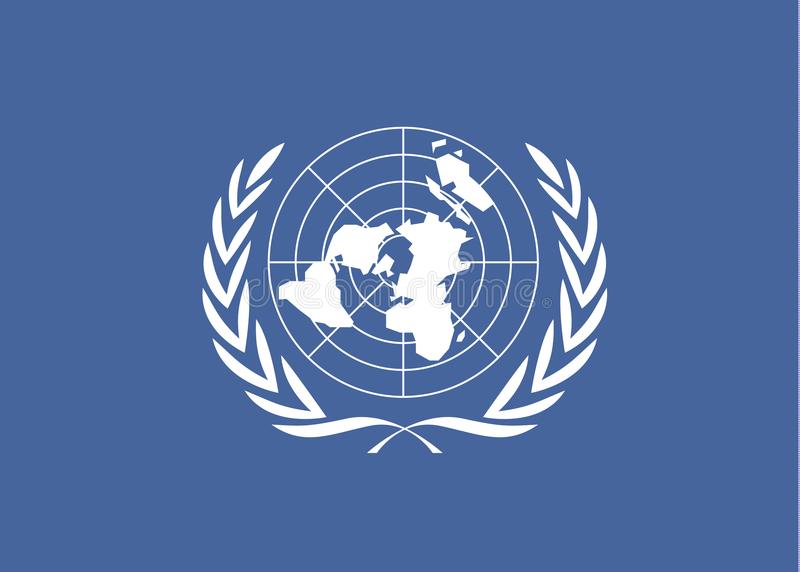The Food and Agriculture Organisation of the United Nations (FAO) on Thursday launched a flagship project to boost the resilience and climate adaptation agenda among rural communities in Somalia.
FAO said the project, dubbed “Reducing communities’ vulnerability to drought and external shocks (Recover)”, intersects with existing humanitarian programming by offering vulnerable families a pathway from humanitarian dependency toward resilience.
Etienne Peterschmitt, FAO’s Representative in Somalia, said in a statement that what is currently being witnessed in Somalia is a cycle of climate shocks that trigger increasingly dire and prolonged humanitarian crises.
“We need to reorient our efforts toward making communities self-sufficient and able to withstand these shocks if we truly want to see Somalia exit this cycle of disasters,” Peterschmitt said.
Related Articles
Under the project, partners will work together to improve farmers’ access to equipment, build skills and capacity in climate-smart production, support income diversification, and improve market access for around 54,000 rural people.
The support comes at a crucial time following over two years of drought when Somalia requires investments in longer-term actions across the productive sectors that seek to address the underlying causes of these recurrent crises.
The project will be implemented by FAO in collaboration with the Somali government and federal member states in Hirshabelle, South West, and Jubaland, which hold great potential for productivity and food security in the Horn of Africa nation.








